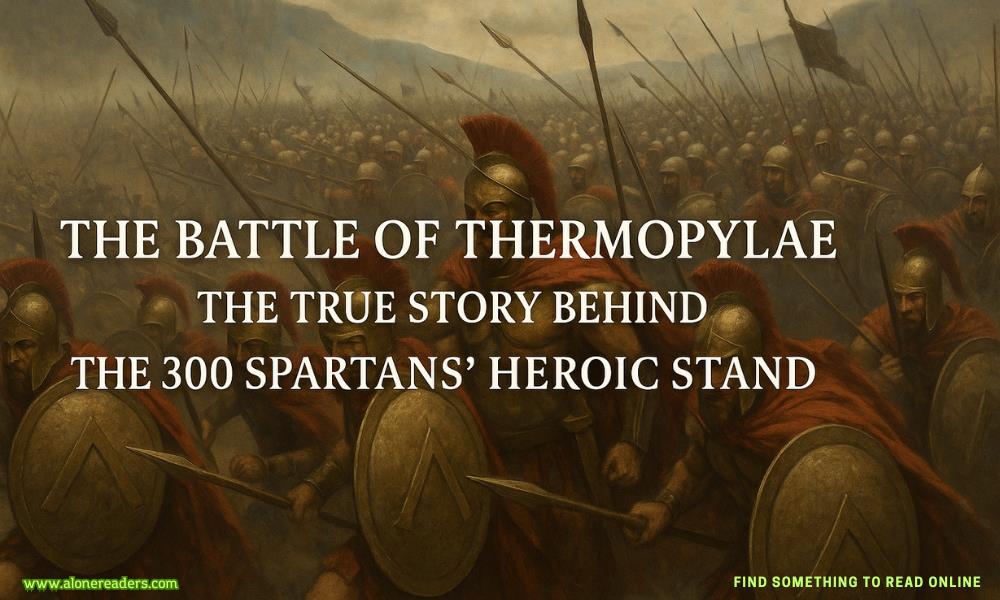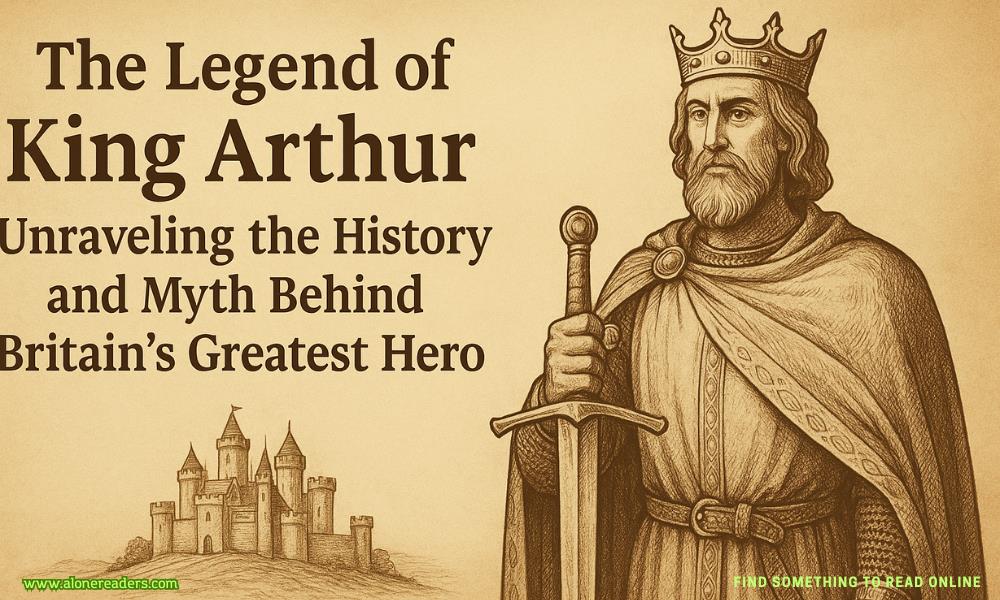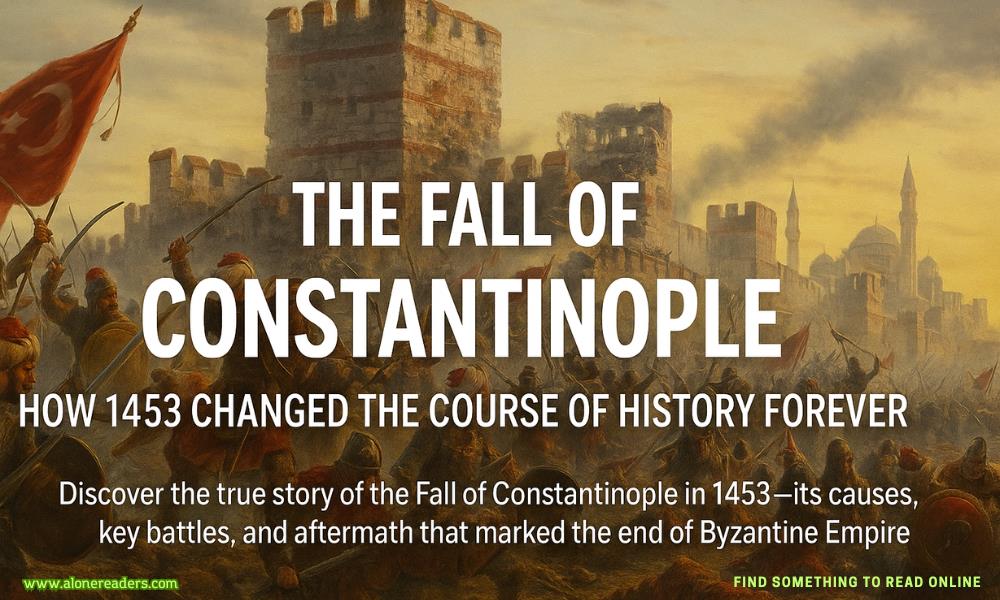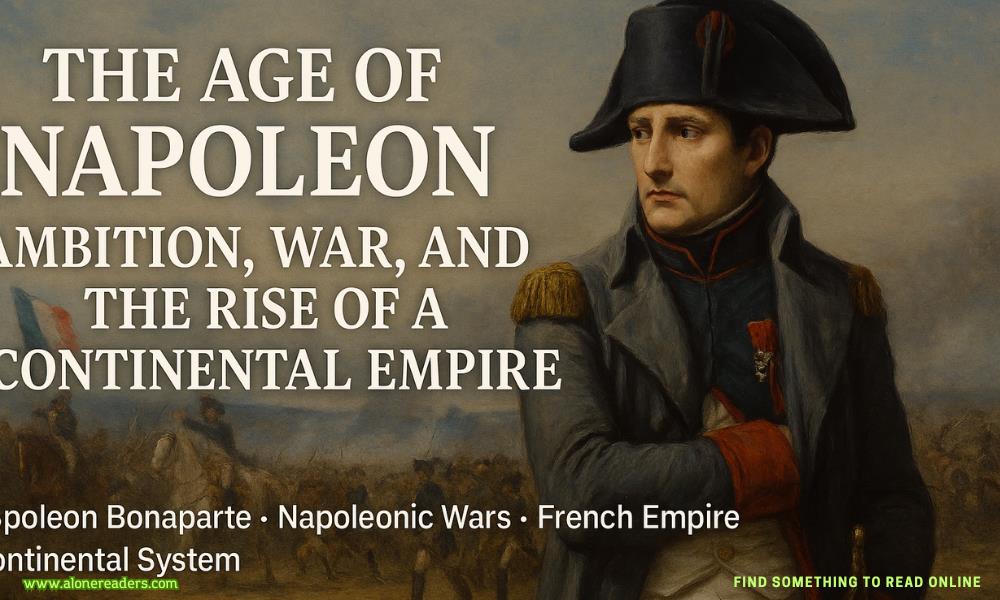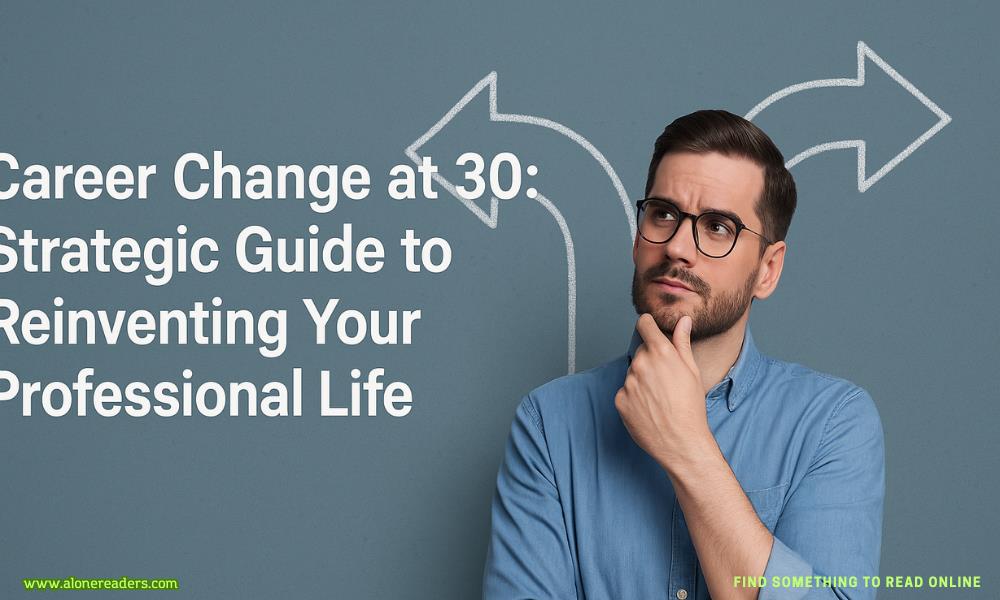Page 8 of Death in Focus (Elena Standish)
“I know many people are cold and hungry,” Lucas said, breaking the hot silence, but trying to keep the anger out of his voice. “And the homeless have no hope of jobs. A man who isn’t frightened of the future has no idea what the hell’s going on. Hitler offers them hope and, I suppose in his way, Mosley does too. We’re all afraid of war, because, dear God, we know what it is. We’re a long way from over the last one. We’re hideously vulnerable to being frightened out of our senses, or values, the better parts of ourselves that saved us before. I know that, Charles. I saw the war, too. And I know what hunger there is in Germany, and here. And I know how easy it is to believe someone is responsible for all the misery, and if we just get rid of them, it will all come right.”
“Do you?” Charles looked at him steadily, his head a little to one side. “Do you really? Pardon me, Father, I’m sure you do in theory, but I don’t think you have the slightest idea of the reality.”
Lucas must be careful. It was so easy to let your vanity, your need for the respect of those you love, provoke you into saying more than you meant to. Very deliberately, he eased himself back into his chair. “Don’t imagine you are the only one who knows anything, Charles. That is a dangerous position. I don’t want another war any more than you do. But I am a little less certain as to the best way to prevent it, or what price I am willing to pay…”
“Do you think it will come to that?” Katherine asked, sitting very still. She looked perfectly composed, but a ragged edge was audible in her voice. Lucas knew her well enough to recognize it. He had known her through the loss of her only son, and then in her own grief, her attempt with immense fortitude to comfort her daughter for the loss of not only her brother, but her husband. Lucas never underestimated her courage, and he could see the fear in her now, for all its disguise and sophistication.
“No, my dear, I don’t,” he said. Please God that were true. “But we must still be careful. This time we are forewarned. We must keep fear in its place, not let it make us act in panic, or with disregard for others. The easy path is sometimes right, but more often it isn’t.”
Charles straightened his shoulders. “Of course,” he agreed. He, too, must have heard the edge in Katherine’s voice, or even seen the momentary flicker of fear in her eyes. “I spent quite a lot of time in our Berlin embassy. The Germans are strong people. They are finding their way again.” He smiled at her, then turned to Josephine. “Mother, may I help you get the coffee?”
Josephine accepted, and the tension seeped away. By the time Charles and Katherine left an hour and a half later, the atmosphere was easy again, at least on the surface. That’s all it ever was.
As Lucas closed the door and locked it for the night, Josephine was still standing in the hall.
“You meant that about fear, didn’t you?” she said softly.
He had kept many things from her, necessary things about his work, but he had never lied to her. That would have broken something between them that he did not ever want to live without. “Yes. Fear begets violence and hatred,” he answered. “It’s the easy answer. Blame someone else. Blame the Gypsies, the Jews, the Communists, anyone but ourselves. Get rid of them, and it will all be fine. It’s as old as sin, and about as useful!” Then he smiled and put his arm around her. “Sorry. I don’t learn. I always let him get under my skin.”
She put her arm around his waist and moved a little closer to him. “Yes, you do,” she agreed. “If you didn’t, then I suppose you just wouldn’t care, and I never want you to stop caring.”
CHAPTER
4
The following day, Lucas received a telephone call early in the morning, before he had started breakfast. It was very brief, from one of the other close suburbs of London. All the voice said was, “Meet me as usual, ten o’clock.” He knew it was Peter Howard, so Lucas had no need to add anything but his agreement.
Josephine did not question where he was going when, at half-past nine, he said he was taking the dog for a walk.
Toby did not question either. Lucas had the lead in his hand, and Toby saw it and stood up, scrambling out of his basket and pattering across the floor, tail wagging. It was late spring, with sharp sunlight and a chill to the breeze, perfect for a walk in the nearby bluebell wood. There was no more heartachingly beautiful place on earth, and for Lucas, there could not be in heaven either.
It was a twenty-minute walk and he set out briskly, though taking care not to overwork his ankle, plagued with an old injury that would never heal now. “No dawdling,” he said to Toby. “You can run where you please when we get there. Come on, now!”
Toby was always happy to be talked to. This was a usual pattern and he pulled at his lead for interesting smells only once, then accepted that they were partners in something and had a job to do. It was enough for him just to be along.
After Lucas left MI6, Peter Howard was the one man with whom he kept in touch. For Howard to send a message for an immediate meeting, it must be important.
They arrived at a park gate. Lucas opened it, closed it carefully behind him, and let Toby off the lead. “Not far!” he warned. “Come on!”
Toby wagged his tail and circled around, enjoying every scent in the damp earth.
The beech trees towered above them. They had always been Lucas’s favorite. Their long, clean limbs reminded him of the legs of dancers, naturally beautiful, exulting in their strength, their infinite grace. The sky was dappled with cloud, alternately light and shadow, but the ground was so covered with bluebells that he had to stay on the narrow path to avoid standing on them. He hated to crush a living thing, especially one that offered such utter loveliness. They had only the faintest, cool scent, but he imagined he could smell it. The city was actually a short underground rail journey away to the east, but here he could forget it even existed.
He found Peter Howard standing near the oak about twenty yards from the small stream, exactly where he had expected him to be. Howard was an ordinary-seeming man and could disappear in a crowd anytime he wished, and yet to Lucas he was unmistakable. He was a little above average height, with fair brown hair, blue eyes, and regular features. You could probably have said that of roughly half the men in England. As he stood there, it was his perfect stillness that was unusual, the angle at which he held his head. There was humor in his expression and, when he thought himself unobserved, a sensitivity.
But all this knowledge was built on twenty years of working together, since that innocent, ignorant golden time just before the war. From here, 1913 seemed like another century.
Howard straightened up and walked a few steps forward, meeting Lucas where the path turned and wound through the trees along the bank, then back into the woods again.
They did not bother with “good morning,” comment on the weather, the usual “how are you?” All that would be taken as said. They were deep friends, too much already understood between them to bother with such things. Howard had called for this meeting, therefore he had something to say that he judged important. From the gravity in his eyes, it was not good.
“What do you know about Roger Cordell?” Howard asked, his voice clipped and very English, yet still light, as if he spoke of some trivial acquaintance.
“British Embassy in Berlin?” Lucas wanted to make certain he was thinking of the right man. “Oxford, I think. Good degree in classics and modern languages, if I remember rightly.”
A brief smile crossed Howard’s face.
“Modern history might have been of more use, if less ornamental,” Lucas added drily. “Why?”




